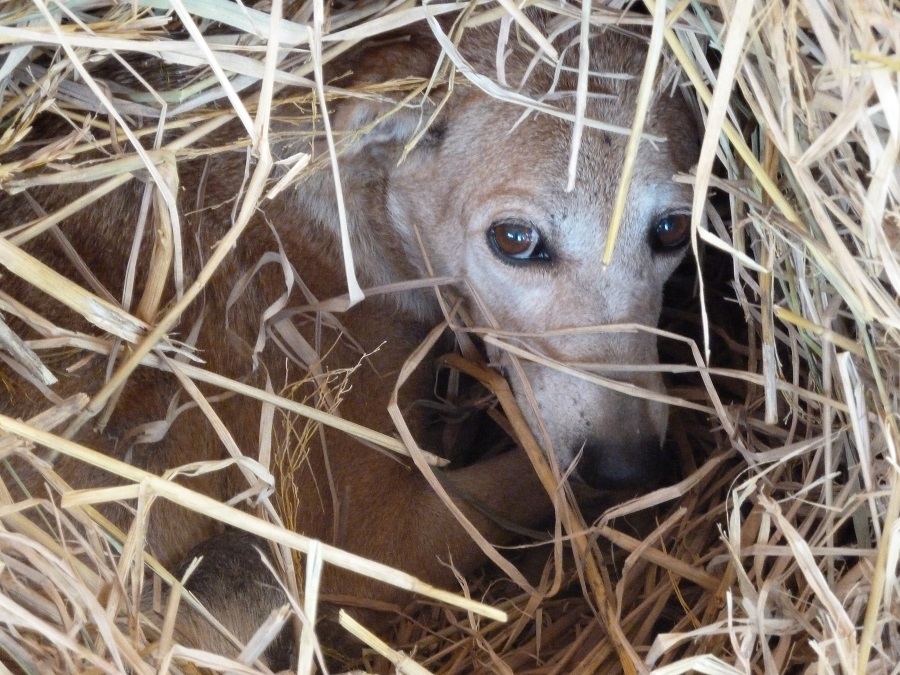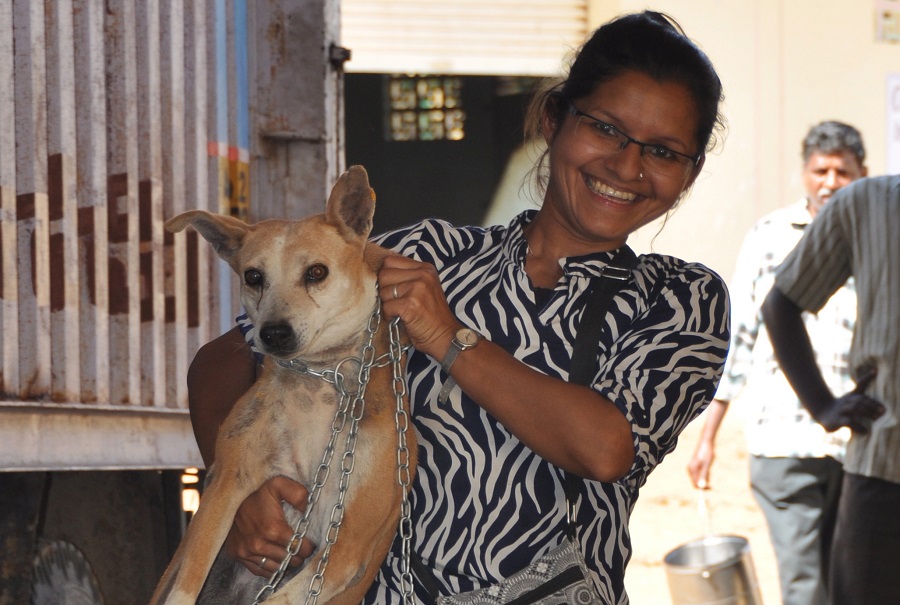
In India, the motivation to control the dog population through sterilization is primarily a human welfare project to protect people from dog bites and rabies.
In the past, large numbers of dogs were killed in an attempt to control the dog population. It is a proven fact that this does not work. The dog population grows quickly back to its original size, which is defined by the availability of food (garbage).
India’s Prevention of Cruelty to Animals Act subsection on “DOG RULES”, which came into effect in 2001, states the killing of dogs is a punishable offense. The municipalities must control the dog population by means of sterilization and anti-rabies vaccinations to prevent dog bites and human death due to rabies. Rabies is not only a problem for humans and dogs but also for cattle, goats and sheep.
Since 2002, Karuna has been successfully implementing its Animal Birth Control (ABC) and Anti-Rabies (AR) programs in the rural areas of south Anantapur District.
To date (2022) over 14,000 dogs have been sterilized and vaccinated by Karuna Society.
Karuna Society is committed to a high standard of surgical procedures. All surgeries and post operation care follow the “Standard Operating Procedures” as per rules of the AWBI (Animal Welfare Board of India).


RESULTS OF EFFECTIVE ABC and AR PROGRAMS:
- Decrease in human deaths due to rabies.
- No more fights by males for a female in heat.
- No more bites from female dogs defending her pups.
- Fewer sick, disabled, abandoned dogs and puppies dying on the roads.
- Sterlized dogs who defend their territory prevent new arrivals (who are not sterilized) from entering the area and procreating.